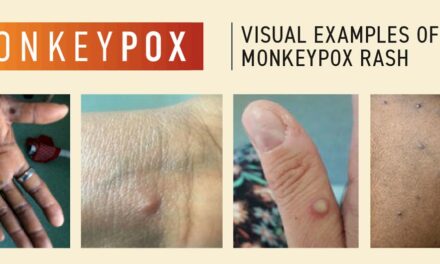An ongoing struggle persists in India against rare diseases due to low awareness and insufficient diagnosis, as unveiled by a report from GlobalData, emphasizing the need for robust initiatives and coordinated efforts to combat this healthcare challenge.
In a significant advancement, India’s Union Health Ministry’s authorization of four generic medications for rare diseases marked a pivotal milestone in November 2023. This decision aims to alleviate the burden on patients suffering from ailments such as Wilson’s disease, Gaucher’s disease, Tyrosinemia Type I, and Dravet-Lennox Gastaut syndrome.
The approval of indigenous therapies holds immense significance, notably in reducing the financial strain on patients. The annual treatment cost, once ranging between Rs 18-36 million for Gaucher’s disease alone with imported medicines, has now significantly reduced to Rs 0.3-0.6 million. This price reduction, approximately 100 times less than before, signifies improved accessibility to crucial treatments.
As per the report, the Health Ministry’s forthcoming plans encompass the release of medications for additional rare illnesses like hyperammonaemia and phenylketonuria, further broadening the spectrum of accessible therapies.
However, despite strides in policy initiatives such as NPRD-2021 and the establishment of specialized centers for rare diseases, the report underscores the persisting challenges. Jithendra Kancharla, a Pharma Analyst at GlobalData, highlighted the overlooked nature of rare diseases within India’s vast population and the continuous struggle associated with their diagnosis and treatment.
The alarming rise in diagnosed cases of Wilson’s disease in India, predicted to grow annually by 0.36 per cent, reflects the urgency of tackling this healthcare issue. India stands second after China in diagnosed prevalent cases among major global markets.
Addressing these challenges necessitates collaborative efforts involving government interventions, healthcare professionals, advocacy groups, and media campaigns. Kancharla stressed the importance of leveraging resources, including research institutes, pharmaceutical companies, and global rare disease networks, to foster knowledge exchange and learning from international experiences.
Efficient awareness campaigns, exemplified by LivAlert’s launch by the NPCDCS, offer a blueprint to enhance disease awareness, emphasizing the need for similar initiatives focusing on rare diseases. Kancharla highlighted the pivotal role of pharmaceutical companies in elevating disease awareness and emphasized the urgency of enhancing diagnostic facilities, particularly in underserved areas, to facilitate early detection.
The report highlights a multifaceted challenge demanding a collective approach, urging stakeholders to unite efforts to combat rare diseases effectively and promote a culture of heightened awareness and proactive diagnosis across the nation.











